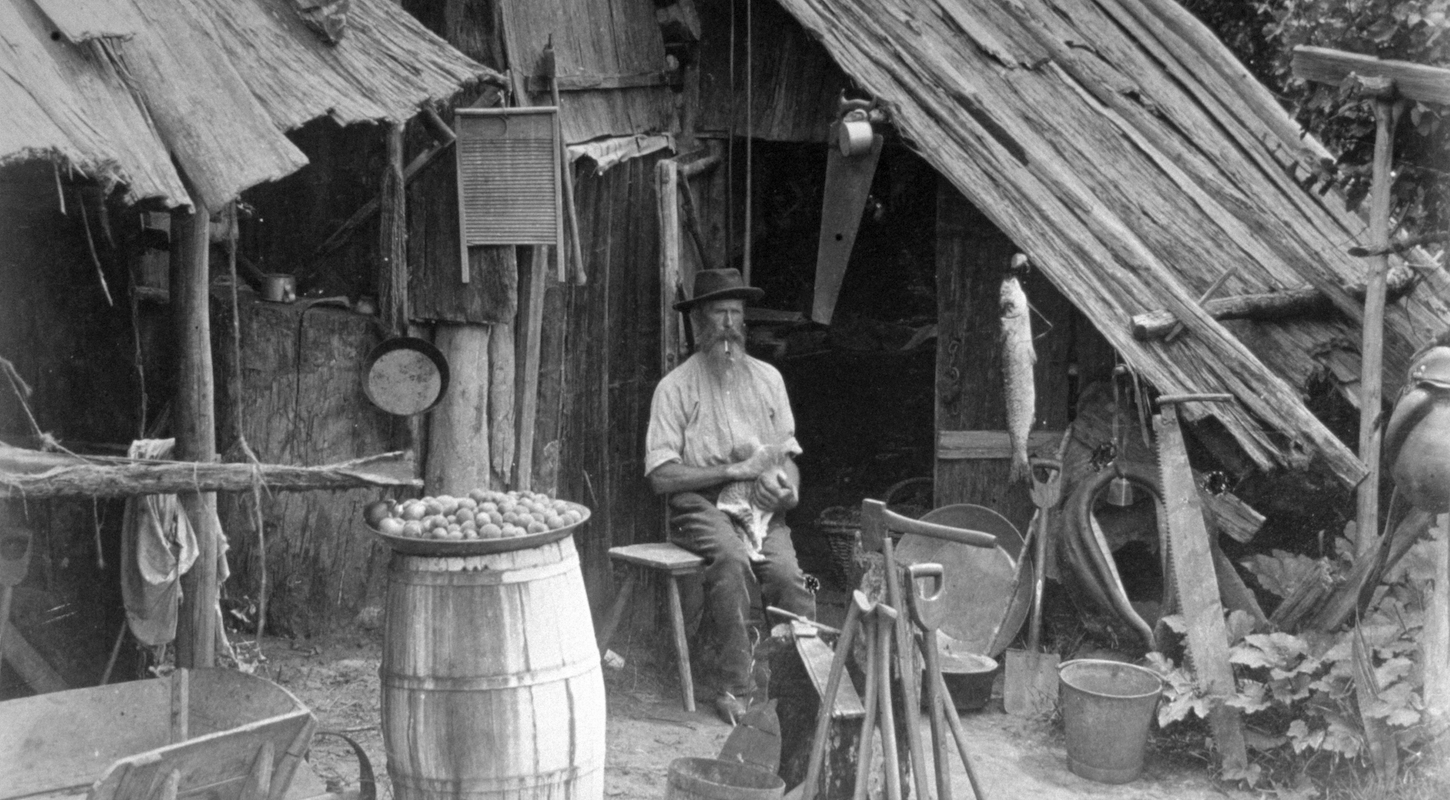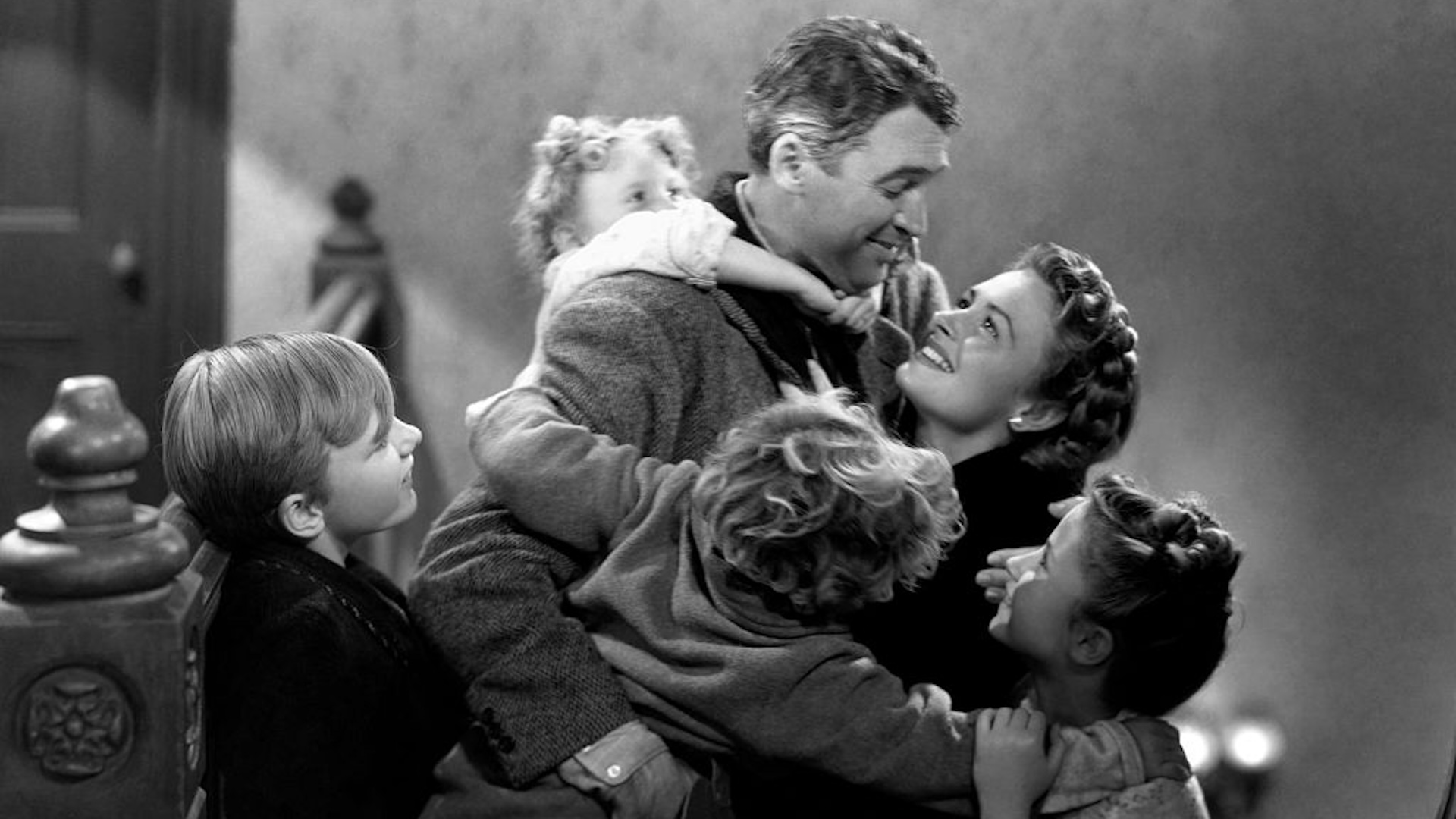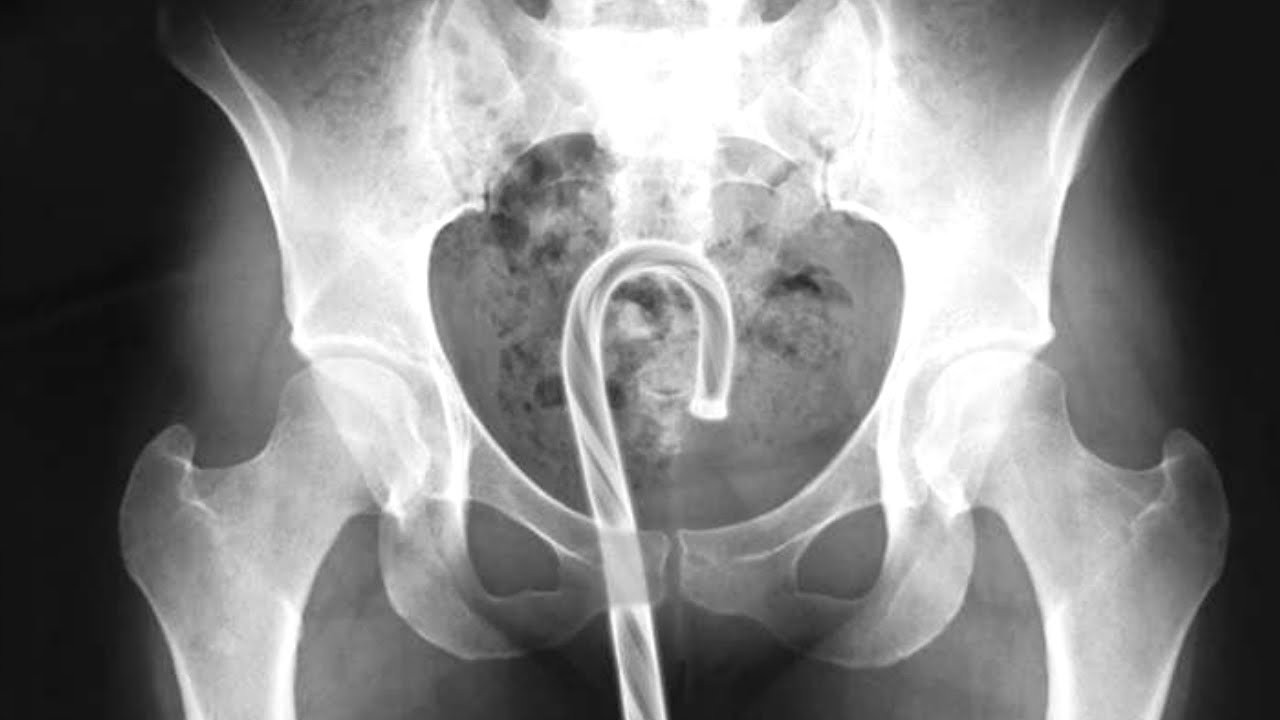Playing the odds here, you probably never had heard of Susan Meachen before this week. Neither had I. A fun thing that happens sometimes online is that you learn of somebody's existence by way of learning about something unforgivably atrocious they've done. Like faking their own suicide, possibly to draw attention to their romance novel!
Author Susan Meachen died from suicide 2 years ago. Except it turns out she didn’t. What an absolute piece of shit #authors #MentalHealthMatters pic.twitter.com/nNU0LCEU3i
— Be a lot cooler if you did 💫🌪💫 (@Draggerofliars) January 4, 2023
Like much of the internet's worst and most deranged drama, the Susan Meachen story burbles up to us from Facebook, where Meachen, the author of some dozen or so self-published romance novels of no particular repute, had—at least up through the publication of her final work, Love to Last a Lifetime, in October 2020—amassed a modest-sized following of readers and some standing in the online community of independent romance writers. Love to Last a Lifetime was understood, prior to this week, to have been a posthumous release: According to a September 2020 post purportedly made by her daughter from Meachen's account to a private Facebook group for writers, the novelist had died by suicide some weeks earlier. Subsequent posts (again attributed to her daughter) blamed her suicide on bullying from others in the (profoundly diseased) online book world. Meachen had hoped, the daughter said, to have the book published by the time of the daughter's wedding, as a gift, but now she was gone.
The small community rallied, reportedly raising money to help pay for a funeral; other indie romance writers reportedly helped edit Love to Last a Lifetime free of charge, to help the daughter get it published. And that was that, more or less, until Tuesday, when Meachen's Facebook account reportedly posted the message screenshotted in the tweet up there, apparently revealing that Meachen is alive. And not even back from the dead! Just never dead to begin with.
I debated on how to do this a million times and still not sure if it's right or not. There's going to be tons of questions and a lot of people leaving the group I'd guess. But my family did what they thought was best for me and I can't fault them for it. I almost died again at my own hand and they had to go through all that hell again. Returning to The Ward [the private Facebook group] doesn't mean much but I am in a good place now and I am hoping to write again. Let the fun begin.
Somehow, in this Facebook message apparently confessing to an elaborate fake-suicide two years ago, the revelation that the suicide never happened and the purported victim is alive comes in as only the third most deranged bit. Top honors go to the implication that in a moment of struggle, Susan Meachen's family decided that what would be best for her would be for them to fake her suicide to a Facebook group, blame it at great and vituperative length on bullying from others in her professional community, use this to promote her most recent book (and possibly to raise money for a nonexistent funeral), and then keep hidden, for two years, the fact of her continuing to be alive. Second place goes to the claim that, her family having done the above, Meachen "can't fault them." Really??????? I sure as hell can fault them!!! Assuming, mostly without evidence, that they even exist!!!!!!!
Anyway as you might guess, Meachen's friends do not seem super happy with her:
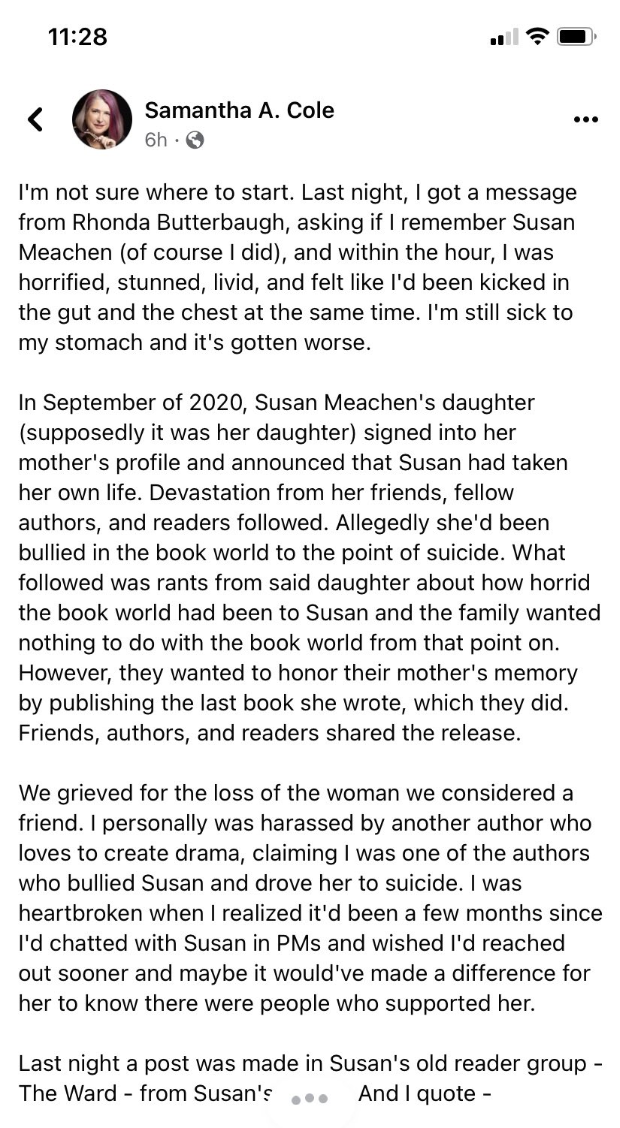
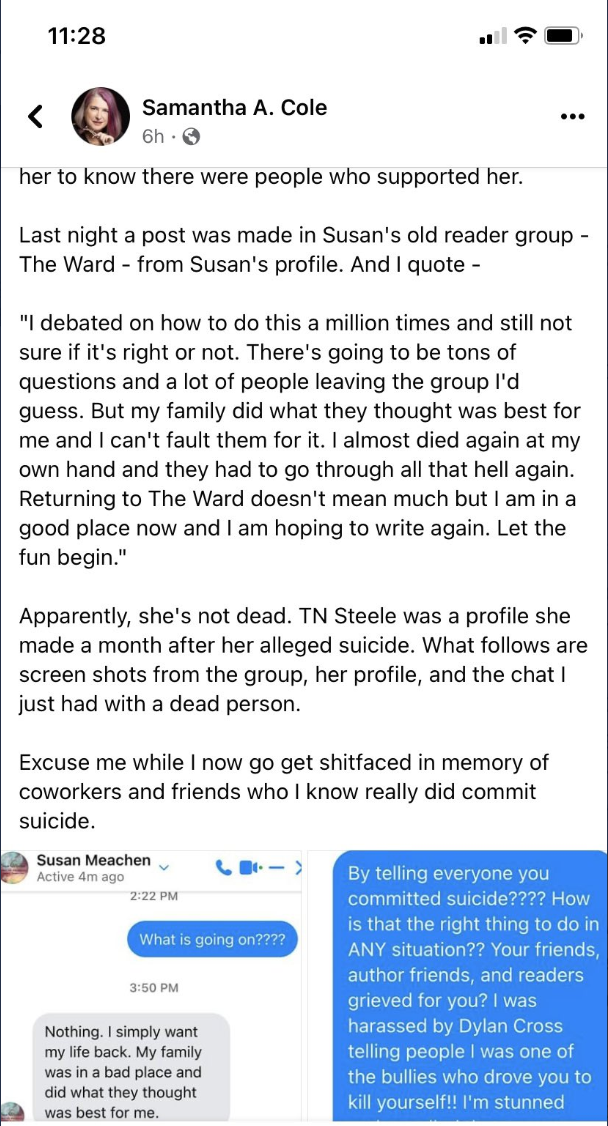
This seems like a signal artifact of the weird forms of fame made available by the proliferation of social media. Meachen seems to have resided in a strange in-between zone of quasi-celebrity possibly unique to the 21st century, at which evidently not one of the peers and fans who considered her a friend, grieved at news of her death, helped posthumously edit her final earthly work as a wedding gift for her daughter, and raised money for her funeral, would expect to actually attend that funeral (as you surely would for a real-world friend who'd died suddenly, the apparent victim of sustained cruelty from within the community you shared). Or to see an obituary in any publication. Or really to interface in any way with this friend's death, beyond being told, in a semi-public announcement by a family member whom none of them apparently knew at all, that the death had happened. She was famous enough, that is, to devastate a community of friends with her fake-death, but also un-famous enough that she could then just go on walking around fully alive ("masquerading as dead," as the New York Post delightfully put it) for two years, without any of those friends ever crossing paths with her, or with any member of her family, or with anyone they might reasonably have expected to have attended her funeral.
I do not mean to criticize any of those friends! People tend, as confirmed by countless studies, to err on the side of believing what they are told and assuming that others are trustworthy. Everything inside of a normal halfway-decent person would militate against harboring even the suspicion that someone they considered a friend would do something as reprehensible as faking their own suicide as a form of professional self-promotion. (Or, alternatively, that an ill person's family would fake their suicide and somehow keep their continued existence completely secret for two years, as a form of, like ... caring?) It is just very hard to imagine this precise ruse standing up for two years prior to the advent and widespread adoption of social media. If a writer in like 1987 were famous enough that their sudden (fake-)death by (fake-)suicide would rock a geographically far-flung community of readers and peers, then they were also famous enough that their sudden (fake-)death by (fake-)suicide would be reported by the press—that's almost certainly how that community of readers and peers would hear of it in the first place. Their obituary being in the newspaper, in turn, would tend to draw the attention of the geographically nearby people who knew them to be, well, alive, and who might then demand an explanation.
Sure, people faked their deaths before Facebook! They fooled insurance companies and creditors, far-off institutions that never know a person as more than a name or an ID number, and sometimes they fooled cops, and in some cases they fooled family and friends. But if a public figure wanted to fake a suicide in like 1987, they had to fool everybody, and then move to Maldives and change their name and grow a mustache. That takes real commitment. Conversely, if a person were not famous enough for all of that, then the Venn diagram of friends and well-wishers who'd learn of their (fake-)death and people who'd notice a conspicuous absence of an actual funeral would very closely resemble a circle.
Here in 2023, possibly dozens of millions of people now know of Susan Meachen's apparent sudden return from a two-year fake suicide who also do not even know for sure that Susan Meachen ever existed in the first place, and who have had authoritatively verified for them only the fact that there are some dozen or so cheap romance novels authored under her name for sale on Amazon. What I am saying here is that Facebook has dramatically lowered the degree of difficulty involved in falsely convincing some number of people that you have died. Any old bozo can fake-die for two years nowadays, without even leaving their couch. Without even getting off of their dang ass.
On the one hand this clearly is a disgrace, an injustice against the death-fakers from earlier eras, who had to do it the much harder way. On the other hand, as an ecstatic enjoyer of stories about the unmasking of frauds and fabulists, this is a pretty good thing for me. Truly, technology is a land of contrasts.
